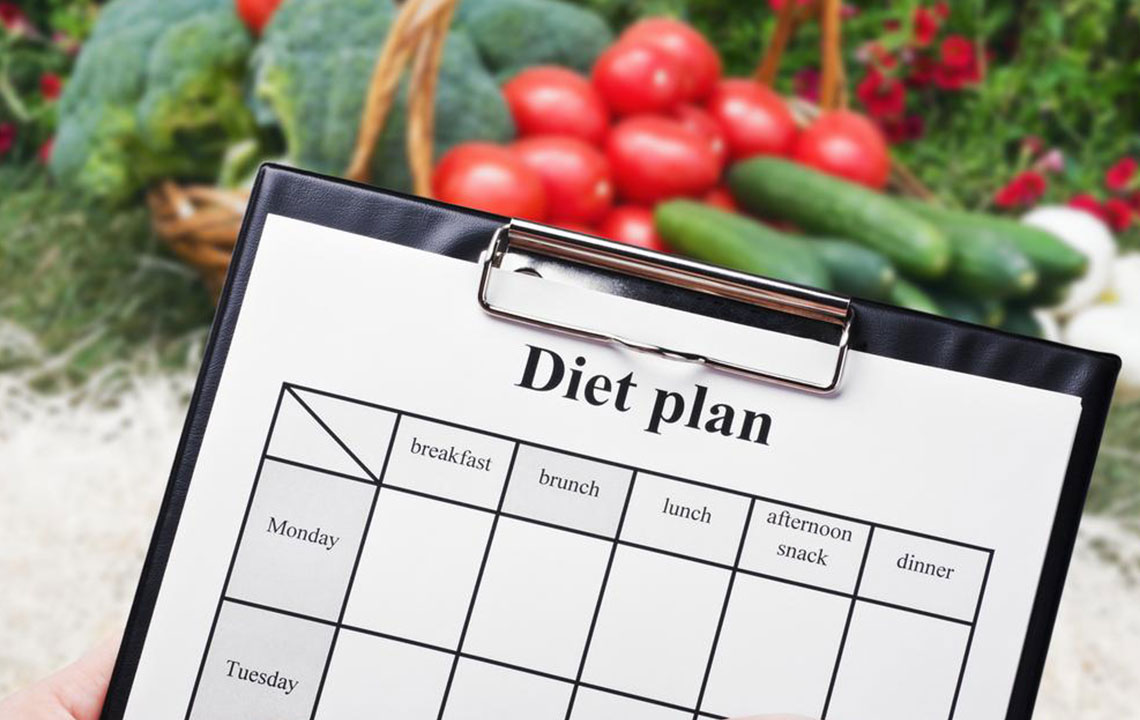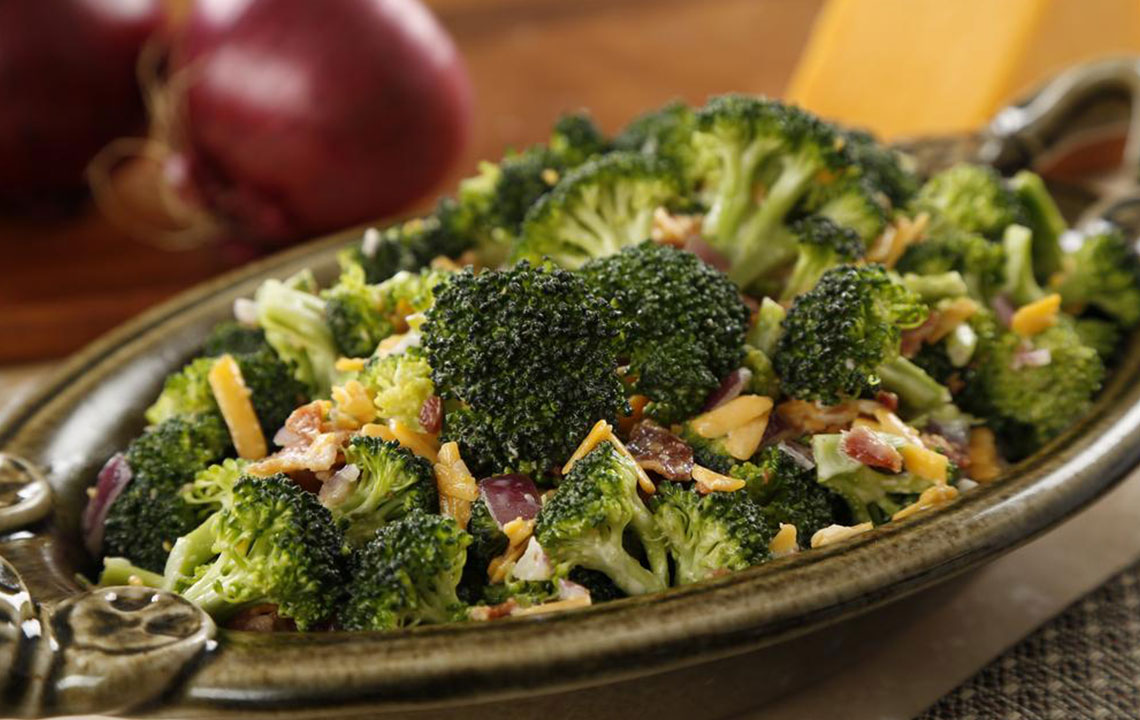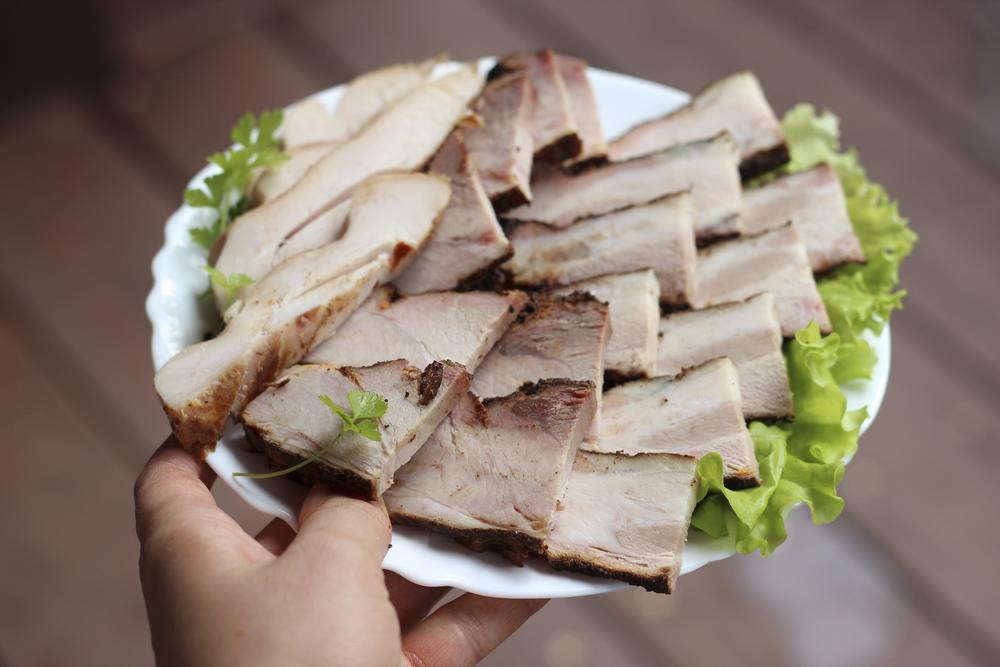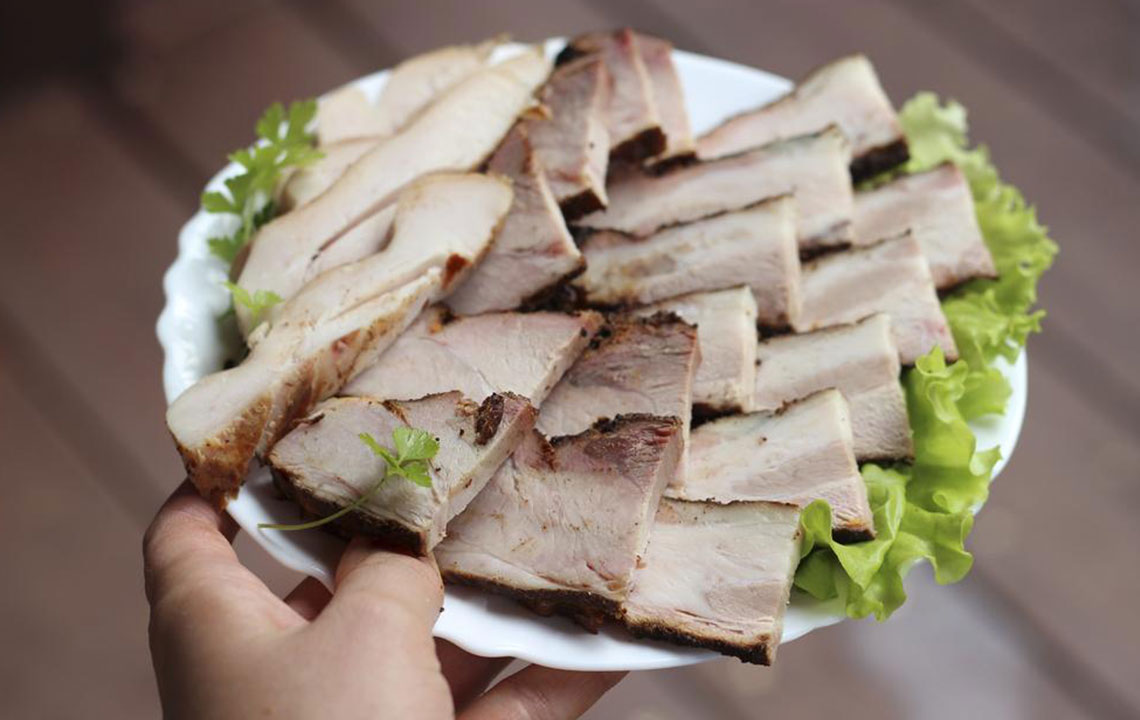Effective Dietary Strategies for Managing Irritable Bowel Syndrome
Discover practical dietary strategies to manage Irritable Bowel Syndrome effectively. This guide covers various diet plans, including high-fiber, low-fiber, gluten-free, and elimination diets, tailored for individual needs. Learn which foods to avoid and how personalizing your diet can alleviate symptoms like bloating, diarrhea, and constipation. Consulting healthcare professionals ensures optimal results, while lifestyle adjustments like hydration and exercise complement dietary changes for better gut health.
Sponsored
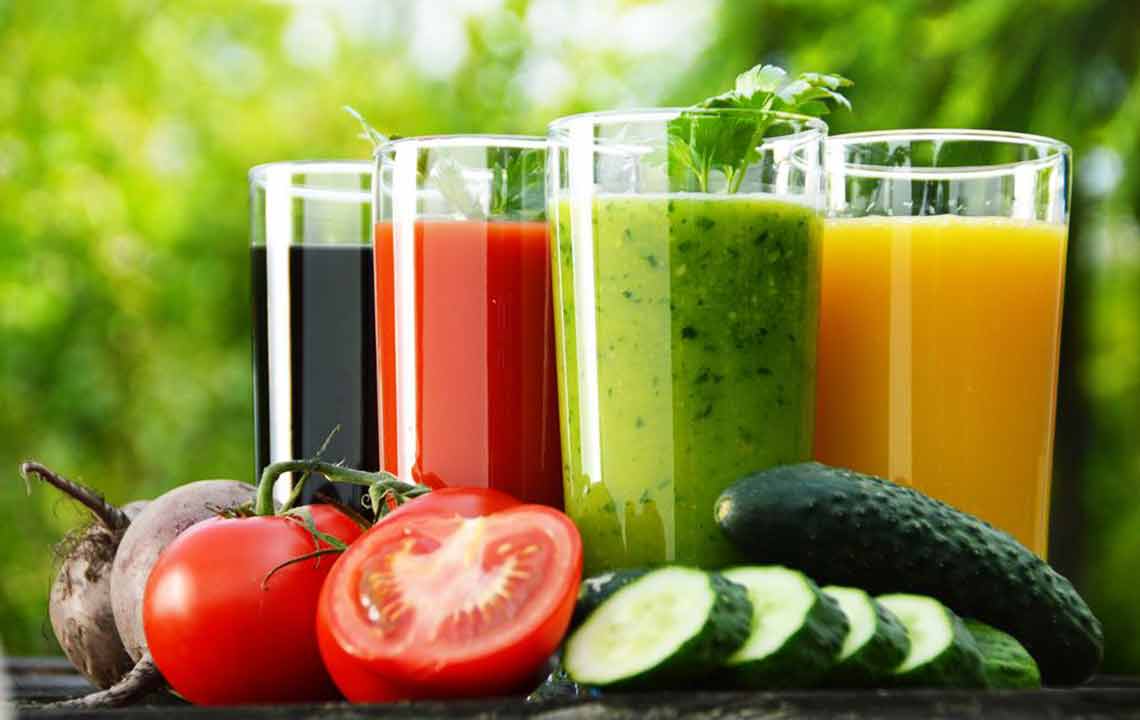
Effective Dietary Approaches for IBS Management
Irritable bowel syndrome (IBS) disrupts normal bowel functions, leading to diarrhea, constipation, cramping, and abdominal pain, affecting daily life. While causes remain unclear, factors like nerve signaling issues, gut motility problems, increased pain sensitivity, bacterial overgrowth, genetics, food sensitivities, and psychological factors contribute.
Diet plays a crucial role in managing IBS. Skipping meals, low fluid intake, and excessive alcohol, caffeine, or fatty foods can aggravate symptoms. Stress and hormonal fluctuations can also trigger flare-ups, with diet acting as a potential enhancer.
While digestion appears similar in IBS sufferers and others, over-reactive nerves and muscles cause hypersensitivity, making even normal eating problematic. Hormonal responses post-eating may worsen symptoms regardless of the food consumed.
Foods to Limit or Avoid
High-fat foods
Some dairy products
Alcohol and caffeine
Artificial sweeteners
Gas-producing foods like beans and cabbage
Medical treatment is essential, but diet modifications can help prevent symptoms. Different diet plans benefit IBS patients differently, depending on individual responses.
High-Fiber Diet Consuming 20-35 grams of fiber daily helps bulk stool and promotes regularity. Fruits, vegetables, and whole grains are nutritious options. If bloating occurs, switch to soluble fibers like apples, berries, carrots, and oats, which dissolve in water and are gentler on digestion.
Low-Fiber Diet For some, reducing fiber, especially insoluble types found in whole grains, nuts, and certain vegetables, may alleviate symptoms like gas and diarrhea. It’s advisable to incorporate soluble fiber first and consider anti-diarrheal medications before restricting fiber intake.
Gluten-Free Diet Avoiding gluten from grains such as wheat, barley, and rye can benefit those sensitive to it, reducing gastrointestinal discomfort. Gluten-free alternatives are widely available and may help improve IBS symptoms in sensitive individuals.
Elimination Diet Temporarily removing potential trigger foods like coffee and chocolate can identify irritants. Tracking symptoms over 12 weeks helps determine food sensitivities, guiding long-term dietary adjustments.
Low-Fat Diet Limiting fatty foods supports overall health and reduces constipation and diarrhea, especially in mixed IBS. Focus on lean proteins, fruits, vegetables, grains, and low-fat dairy to maintain balanced nutrition.
Personalized Diet Plans Since IBS varies among individuals, consultation with a healthcare provider is vital to tailor the most effective diet. Monitor your body's responses and adjust accordingly, ensuring your diet supports symptom control.
Nutrition experts recommend staying well-hydrated and exercising regularly, while minimizing alcohol and caffeine to improve bowel function and reduce IBS flare-ups, as per the National Institutes of Health guidelines.



